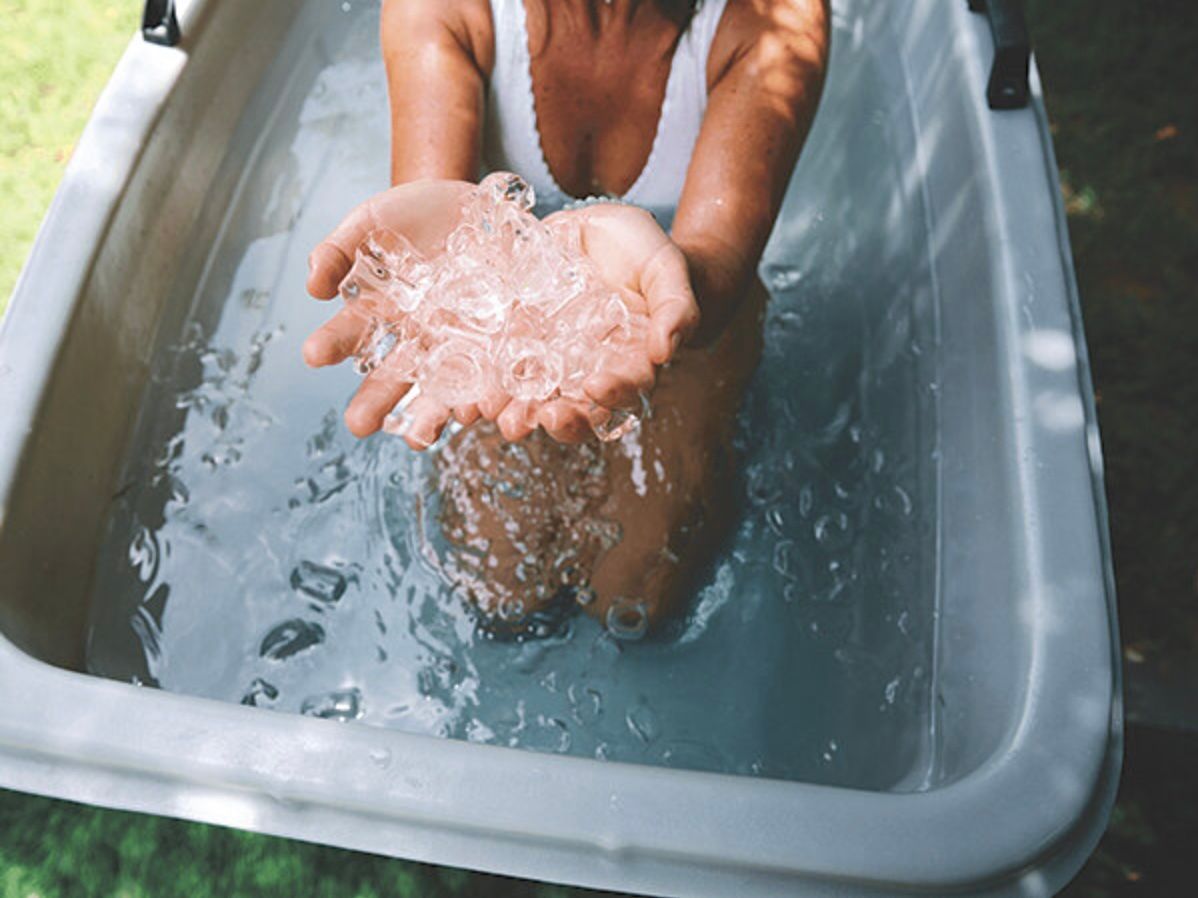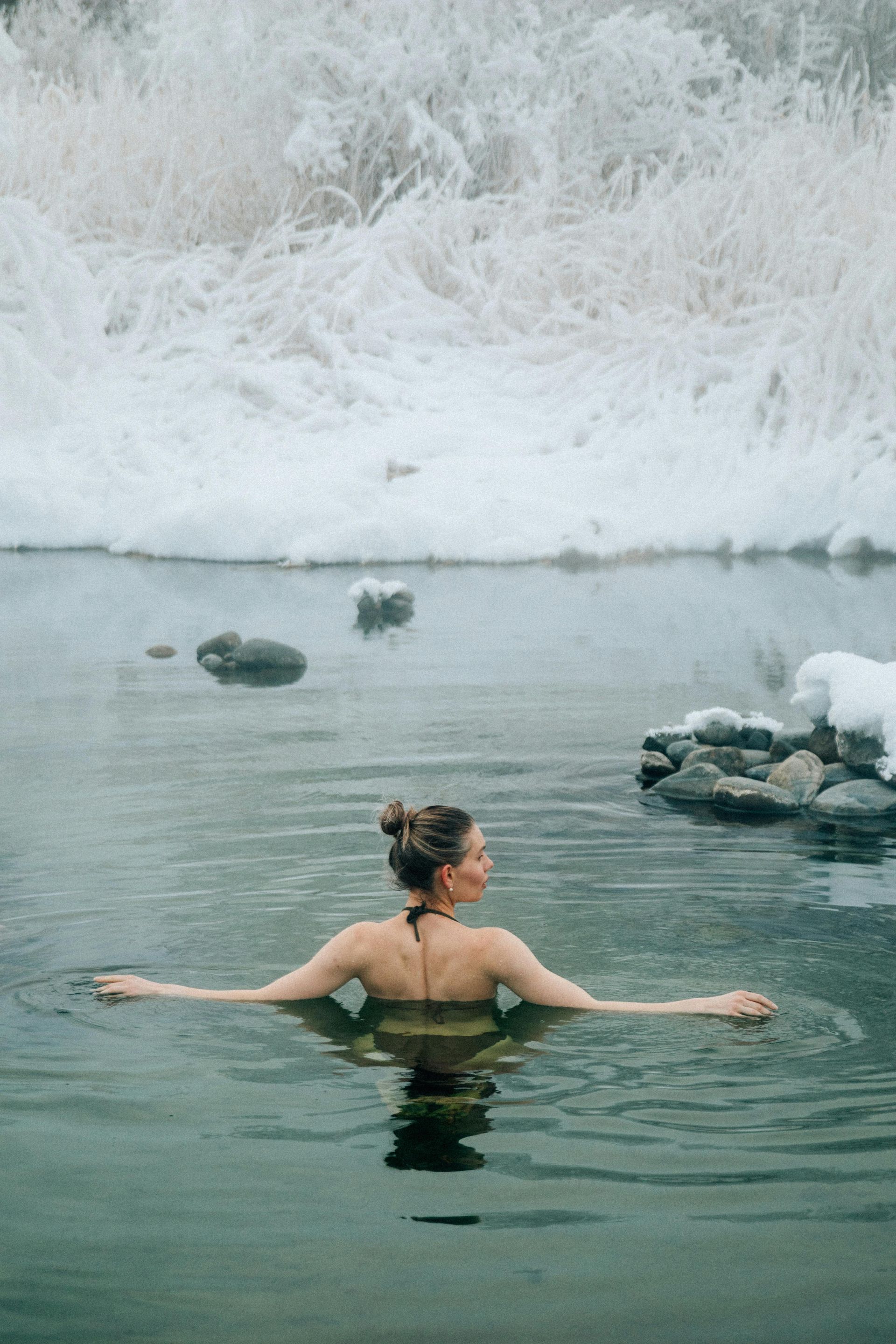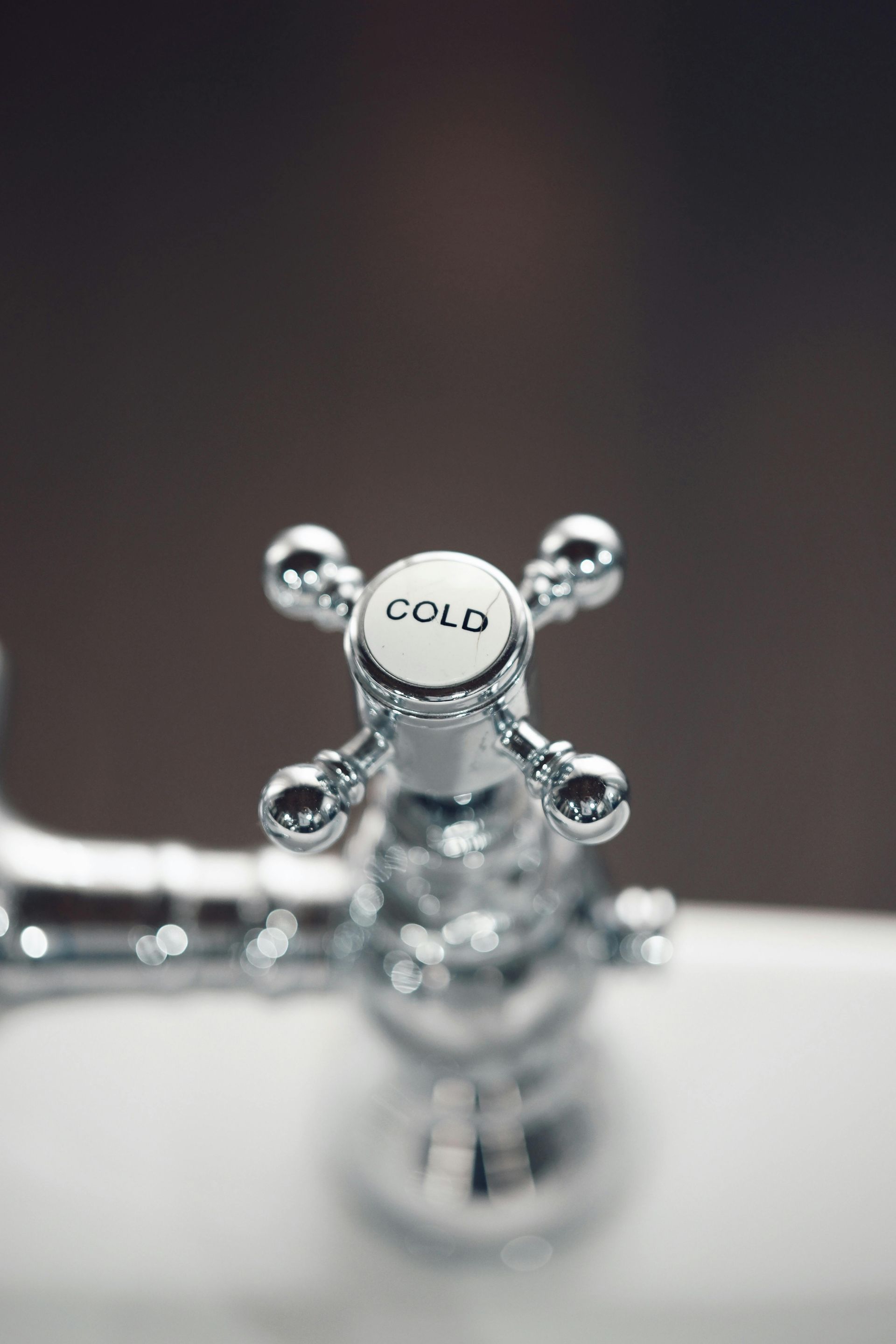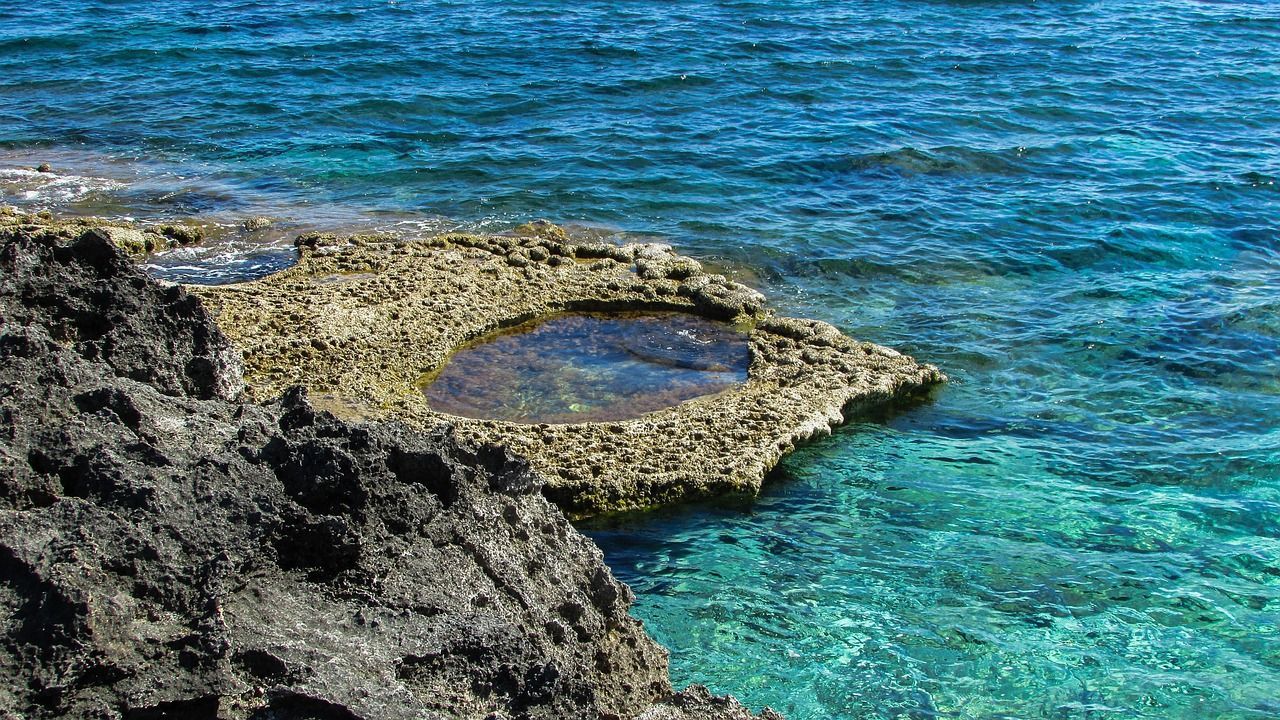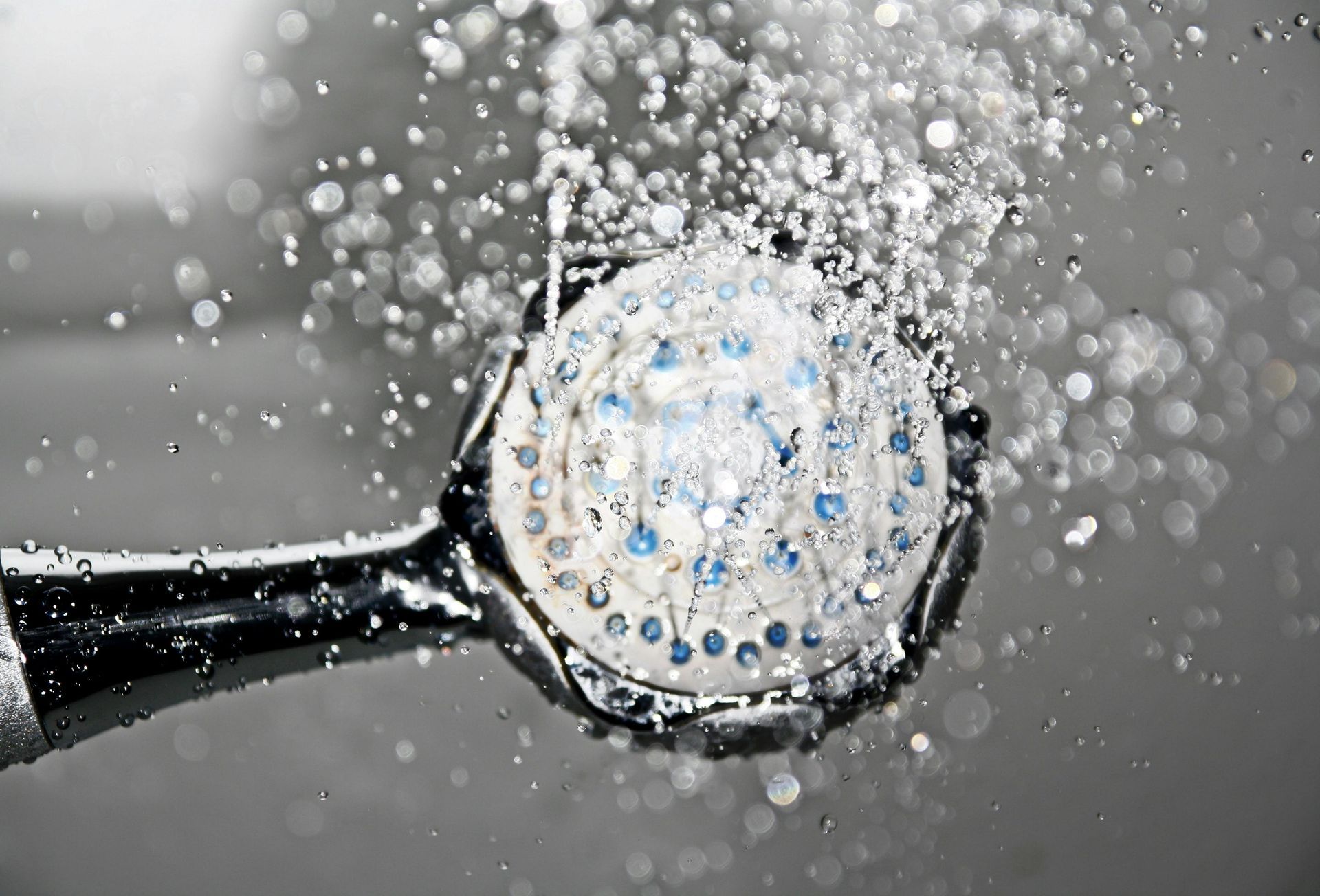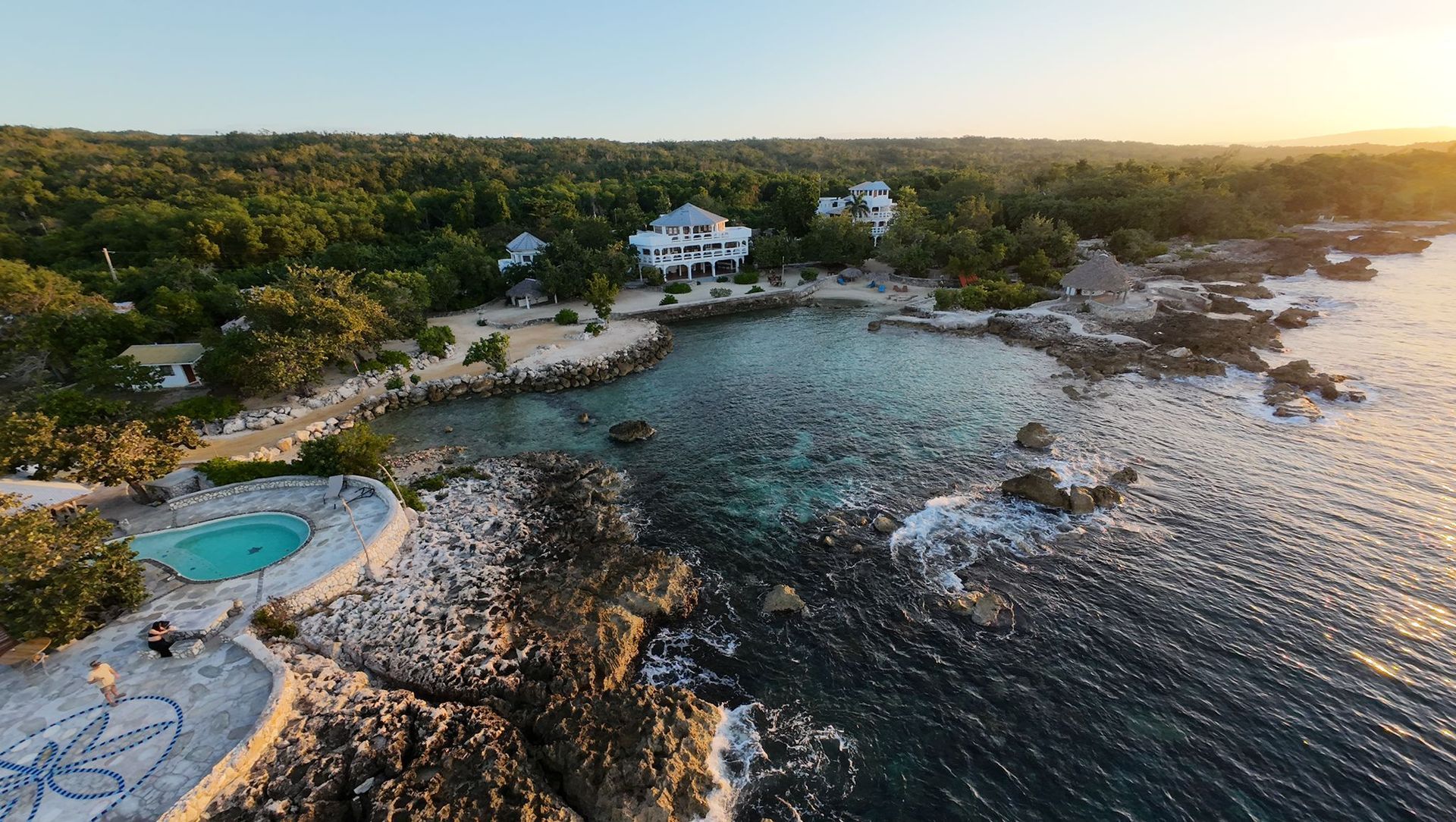What Is Cold Water Immersion?
Cold water immersion involves deliberately exposing your body to cold water for therapeutic purposes. This simple yet powerful practice has garnered attention in wellness and sports recovery communities for its profound impact on both physical and mental well-being. The exposure can vary from brief plunges in icy water to longer immersions in moderately cool water, depending on individual tolerance and intended outcomes.
To put it simply, CWI has become more than just a trend; it’s a well-studied practice that taps into the body’s innate ability to adapt and heal.
Forms of Cold Water Immersion
There’s no one-size-fits-all approach to CWI. People use it in different forms depending on their goals and personal preferences [1]:
1. Cold Plunges and Ice Baths
These involve immersing the body in cold or icy water for a short period, commonly between 50-59°F. Ice baths have long been popular with athletes for recovery.
2. Cold Showers
A more accessible option, cold showers can be a simple yet highly effective introduction to incorporating cold exposure in your routine.
3. Cold Compresses
Used for localized cooling, cold compresses can reduce inflammation and soothe sore muscles or joints.
4. Cryotherapy Alternatives
While technically not CWI, some people use whole-body cryotherapy, which relies on extremely cold air rather than water, for similar benefits.
By understanding these forms, you can tailor CWI to suit your needs while aligning with your unique wellness journey.

